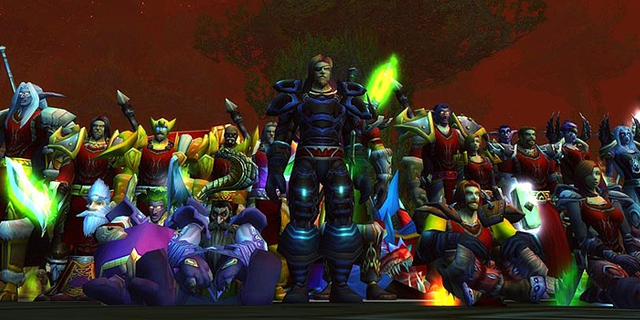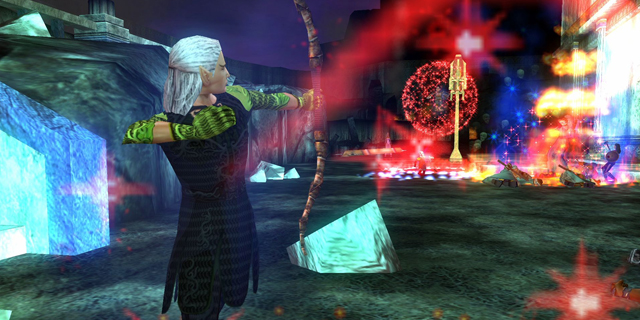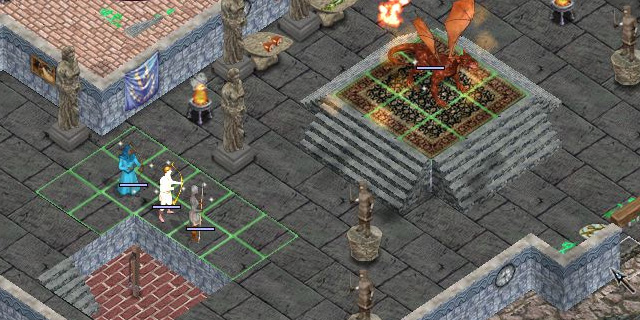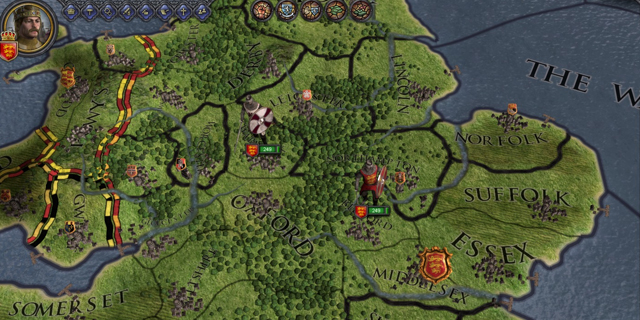
Check out part one of this feature here.
MMOs, like most games, are very derivative. Generally, when you see an original idea in an MMO, it isn’t a full game, just a new component added to the mix. EverQuest probably did the most, though even then, many of the things it brought were simply mechanics well-known to RPG players brought into an online world. I mention this because when Blizzard Entertainment developed World of Warcraft, it really didn’t do anything that new or innovative. The success was purely gained from taking existing mechanics and making them less tedious and more fun for players, while keeping that same gradual progression that keeps players coming back for more. READ MORE

The massively-multiplayer genre has always been polarizing among PC gamers. While some are staunch supporters of their chosen game, others can’t stand them at all, thinking them no more than a meaningless timesink. And others love them not as a game, but as a social experience. Something of a social network built within a game, as opposed to a game like Farmville, built within a social network. READ MORE

Avernum has a pretty long history among PC RPG fans, having been remade twice thus far since its initial release as Exile: Escape from the Pit in 1995. Generally, these releases have been timed well, and allow a new player to enter into the series without dealing with dated graphics or awkward installation procedures on account of compatibility issues. This current version came about as the first Avernum has a few glitches when running on Windows 7 64-bit, for example. READ MORE

One thing I love about PC games is how so many niche games can manage to not just exist, but remain financially profitable, largely thanks to Steam and other digital storefronts. Crusader Kings II is a so-called “grand strategy” game, one of many released over the last decade or so by Paradox Interactive, and it’s another example of a success that didn’t get there by bending to the whims of the mainstream.
READ MORE























